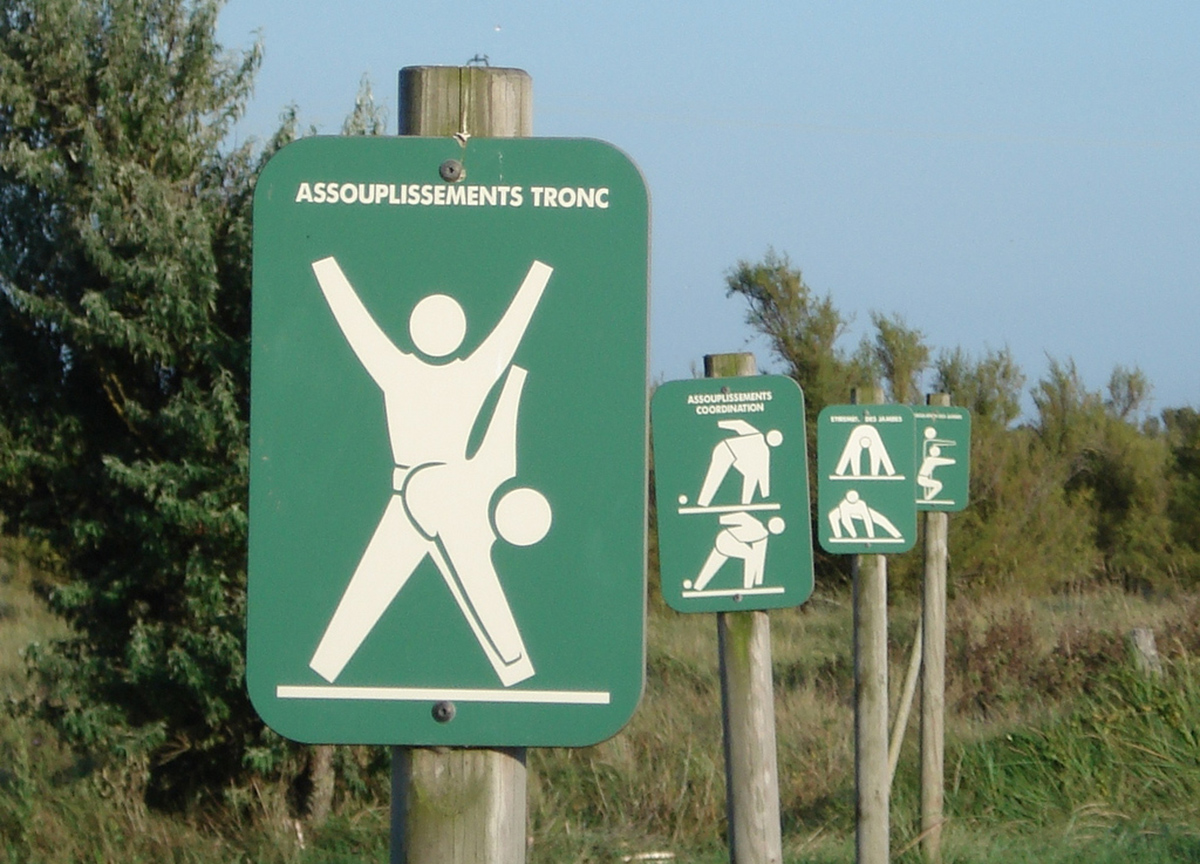Table of Contents
Nature And Exercise Help
No matter whether it's a walk around the neighborhood to clear the head, or a piece of fruit to eat, nature helps a lot. If you have a woman with insomnia or hot flashes in your house, be a good sport and be her company during a long walk in nature. Exercise is extremely beneficial for aging women. It keeps bones and muscles stronger. Also, having a steady exercise regimen, even if it's only walking, helps to keep energy levels high. As we age, we become stiff. It's great to stretch and keep the body active. Accompany your mother or wife to a yoga class or a dance class. It will be great for both, and it's good for bonding.
The exercise program for postmenopausal women should include the endurance exercise (aerobic), strength exercise and balance exercise; it should aim for two hours and 30 minutes of moderate aerobic activity each week.[2]
Fatty acids are very important because our bodies don't make them. Whether it's fish oil, cold pressed flax seed or hemp seed oil, make sure she has enough of it. It reduces her risk of heart disease, but most importantly — it reduces hot flashes. Make sure to use plant-based products whenever you can, because they're more beneficial when it comes to balancing the hormones.

Women during menopause activate less vitamin D than they did before, and they actually need more of it than ever because it helps to absorb calcium to keep the bones healthy. If the vitamin D levels are low, calcium loses its effectiveness. Research has shown that a diet rich in both vitamin D, calcium and a lot of sun exposure are able to keep mood swings, irritability, depression, anxiety and every other mood disorder under control. Menopausal women, especially those over 55, should pay a lot of attention to vitamin D.
Both Vitamin D deficiency and the menopausal transition are associated with mood disturbances and musculoskeletal aches. Because estrogen increases the activity of the enzyme responsible for activating Vitamin D, the fall in estrogen that occurs during the menopausal transition could uncover previously subclinical Vitamin D deficiency. Indeed, Vitamin D can improve mood and muscle aches in non-menopausal populations, but its effects in menopausal women, where the benefits may be magnified, have not been previously studied.[3]
Be Positive And Kind
We live in a society that loathes aging. Our society is colored by the cult of youth and perfection. Women are afraid to dress as they wish, and even wear their hair in a way that is different from the trends that are set. If you know and love any woman, whether a young one, or an older one going through the menopause at the moment — give her a compliment right now! Make her love her hair, even if it's different from the styles that you like.
READ World Mental Health Day: Focusing On The Positive
We teach young women to be all the same from an early age with role models like Barbie dolls. I don't have anything against Barbie, but hardly anyone teaches daughters and students to be whatever they like. What does this all have to do with menopause, you wonder? Well, when hormones start to shift, and the woman feels completely different than before, some of her thinking patterns shift too. She thinks many things, overthinks them actually, wonders and regrets. Support from her close ones is extremely important here, to get her back on track. She may feel old, not sexy enough, and unwanted. Smash all doubts with kind words and support!
- Infographic by SteadyHealth.com
- Photo courtesy of Sanchom: www.flickr.com/photos/sanchom/2963072255/

